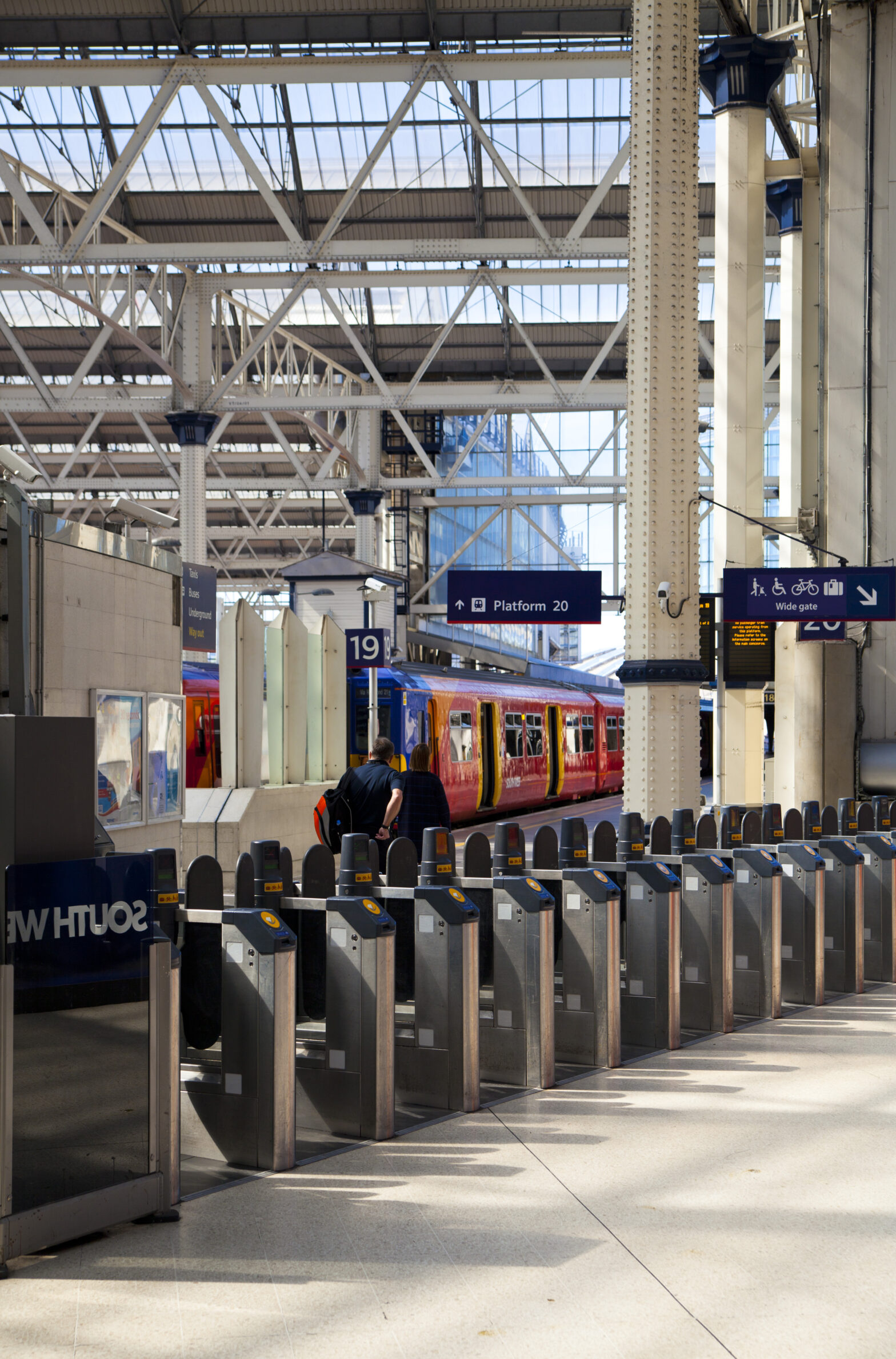Your employee is confusing travelling time during work with travelling time to and from work. There is no right to be paid for time spent travelling to and from work unless this is specifically set out within the contract. The only time you would normally look at making a payment or some contribution towards travel to and from work is if you require your employee to work at a different location from usual.
The obligation on an employer is to pay an employee in respect of their actions in carrying out their work. This doesn’t include covering the costs of getting to and from work unless you have specifically agreed to do so. Any travelling you require for work, such as visiting a customer within the employee’s working hours, is time spent carrying out work under the contract and so counts towards the time the employee should be paid for but the time spent getting to work and back is his choice and responsibility, not yours. Ensuring that time spent travelling is counted towards working hours is particularly important if the employee is paid at, or very near, to the national minimum wage rate appropriate for their age.
>See also: How to tell your staff they’re working reduced hours
It may well be that if he drives it isn’t the time but more the petrol that he is objecting to have to pay for and this is because of the sustained increase in petrol prices that will have impacted on the costs of him getting to and from work. This doesn’t change your obligations but can help explain why this issue has only come to the forefront now.
In light of the increasing petrol and transport costs you might want to consider if you have any alternative working options that would help your employees reduce their travel expenses while still ensuring all the work gets done, such as home working or car sharing.
Andrew Willis is head of legal at Croner
Further reading
How to deal with a furloughed employee who refuses to return to work





